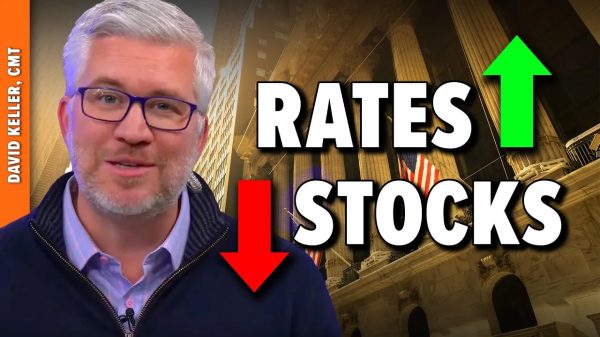Businesses shed jobs at the fastest pace in four years last month after higher employment costs and mounting uncertainty from the autumn budget dented confidence, according to the latest S&P Global data.
Excluding pandemic-era figures, the decline in headcount was the sharpest in over 15 years, with nearly a quarter of firms either laying off workers or freezing recruitment.
The closely watched final composite purchasing managers’ index (PMI) dipped to 50.4 in December from 50.5 in November, just above the 50-point mark that separates growth from contraction. This was slightly below analysts’ forecasts and the lowest reading since October 2023.
Chancellor Rachel Reeves’s tax changes, announced in October, have contributed to reduced hiring. Employer national insurance contributions (NICs) rose from 13.8% to 15%, while the threshold for the tax was lowered from £9,100 to £5,000 – collectively a £25 billion rise for businesses.
Thomas Pugh, an economist at consultancy RSM UK, said the slowdown in private sector job creation is “the clearest signal yet that firms were responding to the increase in labour costs by slowing hiring”.
Tim Moore, economics director at S&P Global Market Intelligence, noted that lingering worries over “rising payroll costs” and “unease about the climate for business investment” were taking their toll on sentiment for 2025.
Despite the gloom, economists predict stronger economic momentum in the first half of this year as government spending increases and the Bank of England is anticipated to lower interest rates from 4.75%. A KPMG report projects UK economic growth will more than double to 1.7% in 2025.
However, the Bank of England recently revised down its final quarter GDP growth forecast to 0%—pointing to stagnation at the end of last year.
Although the PMI’s services index ticked up to 51.1 in December from 50.8, it missed consensus estimates of 51.4 and was revised lower from the initial flash reading. Researchers attributed the steepest price rises in six months to higher salary bills and increased raw material costs.
Consumer price inflation rose from 2.3% to 2.6% in November, and with services inflation remaining elevated at 5%, the Bank of England will keep a close watch before deciding whether to cut rates.
Read more:
Firms slash jobs at quickest rate in four years following budget tax hikes























